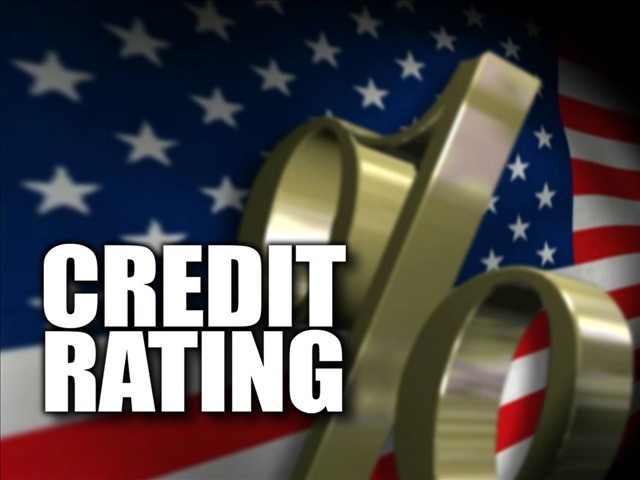
STANDARD & POOR’S CRITICIZED
Less than a week after Standard & Poor’s criticized Washington’s political tone with a one notch downgrade in the U.S. credit rating, the critical tables seem to be turning against Standard & Poor’s.
Democratic and Republican leaders in Washington, as well as investors, have surprisingly united in a collective stance against S&P’s ratings verdict. Now some analysts are beginning to question S&P’s competence, credibility, and even their motives.
S&P said it lowered America’s rating because it didn’t believe the U.S. Treasury could repay its debts in the future. But since that kiss of death, Wall Street and foreign markets have nosedived, while investors have flocked to U.S. Treasury bonds, making the chances of a default more remote than ever. Which begs the question: If the U.S. is truly at risk of a credit catastrophe, why are investors the last to know it and reacting otherwise?
 Despite S&P’s analysis, the fact is the United States will never fail to pay its debts. According to Dean Baker of the Liberal Center for Economic and Policy Research: “The debt is issued in dollars. That means it is payable in dollars. The U.S. government prints dollars. This means that if for some reason the government was unable to tax or borrow to raise the money to pay its debt then it could always print it. This may carry a risk of inflation, but S&P is not in the business of making inflation predictions, they are in the business of assessing the likelihood that debt will be repaid.”
Despite S&P’s analysis, the fact is the United States will never fail to pay its debts. According to Dean Baker of the Liberal Center for Economic and Policy Research: “The debt is issued in dollars. That means it is payable in dollars. The U.S. government prints dollars. This means that if for some reason the government was unable to tax or borrow to raise the money to pay its debt then it could always print it. This may carry a risk of inflation, but S&P is not in the business of making inflation predictions, they are in the business of assessing the likelihood that debt will be repaid.”
Investors’ positive reaction to the downgrade, along with the nearly $2 trillion dollar error S&P made when calculating the U.S. deficit over the next decade, have surely not helped their credibility. Said Treasury Secretary Tim Geithner: “They’ve shown a stunning lack of knowledge about basic U.S. fiscal budget math.”
Could it be possible the S&P rating is actually creating an unexpected bit of unity in the political halls of Washington?






<span>I posted a little on this yesterday. I think the S&P made the correct call. In fact: Not only do I think we're currently NOT a AAA credit nation…but I actually suspect we haven't BEEN a AAA credit nation for years..perhaps going back at least to the dot.com BUST(?) </span><span>I think S&P was complicit, along with Wall Street and the U.S. government in keeping the ILLUSION alive until the entire scam began to fall apart beginning with the housing-bubble IMPLOSION and then the stock market CRASH of 2008 which has left this county shell-shocked and S&P all but totally discredited. So Yes. I get it when critics say.."Given S&P's horrific track record, and the nitwits running that agency who are they to judge the U.S. fiscal situation?" But I think those critics are missing the point. We have a totally DYSFUNCTIONAL government. And as one writer put it: "Standard & Poor's knocked the Unites States rating from AAA to AA+…NOT because of economic risk but because of POLITICAL risk." Btw: Slate has a pretty good article up by Annie Lowrey on this subject: "S&P Is Right. It's Congress' Fault." …"The politics of sovereign-debt ratings downgrades." Full read: <span> <a href="http://;http://www.slate.com/id/2301171/</span>” target=”_blank”>;http://www.slate.com/id/2301171/</span> Not to mention: Anything…and I do mean ANYTHING…that gets this President's attention and forces him to finally spare Us any more rhetoric and GET.TO.WORK. developing a JOBS plan and being an effective LEADER…I've got no problem with it.</span>